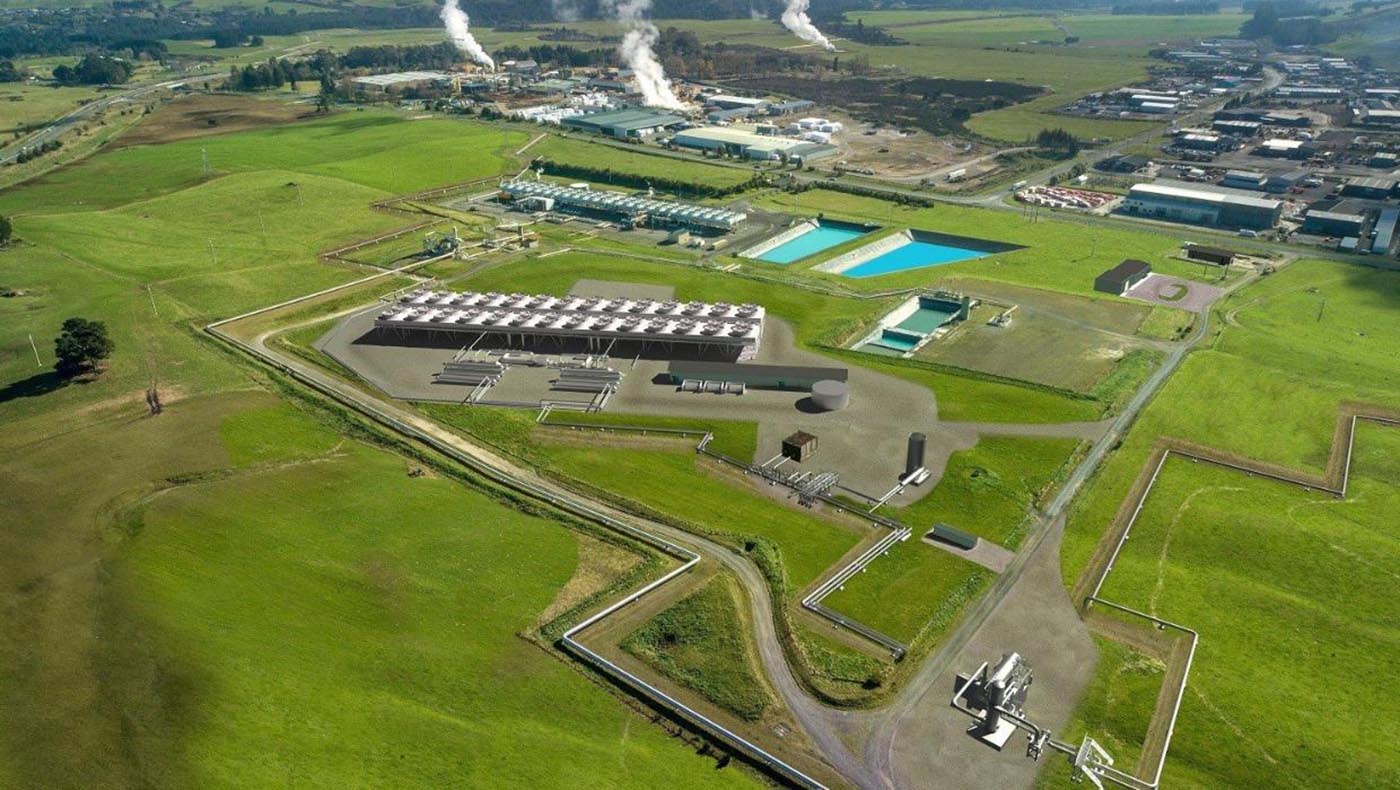New Zealand, a nation synonymous with stunning landscapes and pristine wilderness, is leading the charge in a global movement toward a sustainable future.
Recent statistics from the energy sector show that up to 87% of New Zealand’s electrical power generation is already from renewable sources. This highlights not only its pristine pastoral environs, but also a notable achievement: Most of the country’s electricity generation comes from renewable sources, a true vanguard position.
This focus on renewable energy presents a unique opportunity for collaboration between Japan and New Zealand. While their historical trade ties have been built on primary industries like dairy and timber with the likes of Nelson Pine Industries — a subsidiary of Sumitomo Foresty Co. — leading the way, Japan’s Ambassador to New Zealand H.E. Makoto Osawa emphasized the burgeoning partnership in the renewable energy sector.
“New Zealand’s economy is complementary with that of Japan. Japan imports NZ’s goods from primary industries, such as dairy and timber. In exchange, NZ imports Japanese industrial goods. More recently, the collaboration (has) extended to (the) renewable energy sector, including hydrogen and geothermal energy. Japan and New Zealand are already actively collaborating in the renewable energy sector. Japan was the first country that New Zealand signed a memorandum of cooperation on hydrogen with, back in 2018,” Osawa said.
Japan and New Zealand are already actively collaborating in the renewable energy sector. Japan was the first country that New Zealand signed a memorandum of cooperation on hydrogen with, back in 2018.
Makoto Osawa, Japan’s Ambassador to New Zealand
Now these trade partners are exploring the potential of joint ventures in specific areas, led by four key New Zealand companies actively driving the energy revolution.
Fueling the future with hydrogen
As touched on by the ambassador, both Japan and New Zealand view hydrogen as a critical energy carrier with immense potential. Japan, with its significant fuel cell expertise, and New Zealand, with its abundance of renewable resources for electrolysis, are natural partners. Companies like Hiringa Energy, a leading developer of large-scale green hydrogen production facilities, are at the forefront of this collaboration. Hiringa partnered with Japan’s Mitsui & Co. to explore the feasibility of building a large hydrogen plant in Southland, New Zealand. This project exemplifies the synergy between Japanese technological know-how and New Zealand’s renewable energy resources.

Tapping the Earth’s power
New Zealand sits atop a geothermal wonderland, and the country has been utilizing this naturally occurring heat source to make electricity for decades. Japan, with a growing interest in energy diversification, can benefit from this expertise. Companies like Contact Energy, one of New Zealand’s largest power companies and a significant player in the geothermal sector, present a valuable partnership opportunity.
Contact Energy possesses extensive experience in geothermal power plant operations and actively invests in research and development to optimize efficiency and explore new applications.
Harnessing the wind
Wind energy plays a crucial role in New Zealand’s renewable energy mix. Companies like Meridian Energy, among the country’s largest wind farm operators, demonstrate the nation’s commitment to this technology. Meridian Energy boasts an impressive portfolio of wind farms strategically located across the country, maximizing utilization of this clean resource. Collaboration with Japanese companies experienced in wind turbines and offshore wind farm development could further propel New Zealand’s wind energy sector.
Capturing the sun’s bounty
Solar energy, with its widespread applicability, is another vital component of New Zealand’s strategy with renewables. Companies like Powershop, a subsidiary of Meridian Energy and a leading energy retailer, are actively promoting solar adoption among households and businesses. Powershop’s innovative approach, which includes solar panel installation and the facilitation of peer-to-peer energy trading, can serve as a valuable model for Japan as it seeks to expand its own solar energy footprint.
Shared future powered by renewables
Osawa’s remarks highlight a pivotal shift in the relationship between the nations. The closer collaboration in renewable energy signifies a shared vision for a sustainable future. By combining Japan’s technological prowess with New Zealand’s abundant renewable resources, this partnership has the potential to not only benefit both countries, but also serve as a beacon for other nations on the path toward the transition to clean energy.
As New Zealand continues to be a pioneer in renewables, these four companies stand as testaments to the nation’s dedication to a sustainable future, paving the way for a brighter tomorrow powered by clean energy.
www.hiringaenergy.com
www.contact.co.nz
www.meridianenergy.co.nz
www.powershop.co.nz






